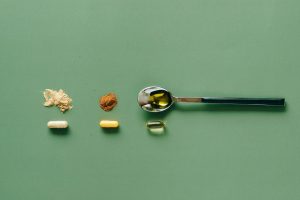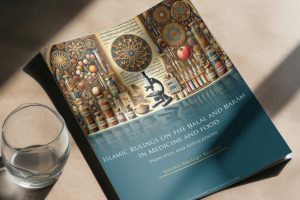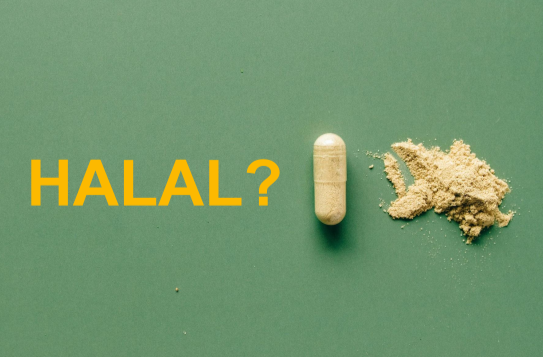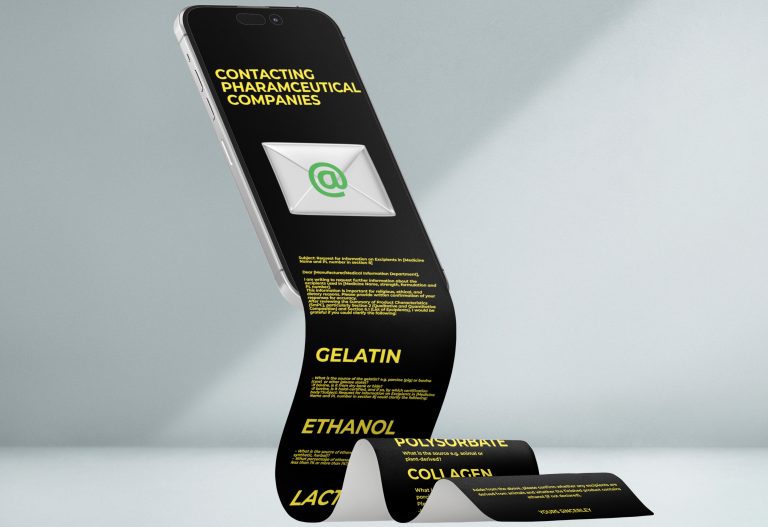Rennet in medicines
This information resource can help you understand how rennet is used in medicines, the concerns around its use in medicines for the Muslim community, and whether its use in medicines is halāl (permissible) or harām (prohibited) in Islam.
This resource is for the Muslim community (including patients, carers, parents and members of the public). All healthcare professionals (HCPs), their teams and anyone involved in delivering care and support (across all care settings) to Muslim individuals, may also find it useful. It can be used to support person-centred and informed decision-making around taking medicines that align with an individual’s Islamic values and beliefs.
Rennet
Rennet is a complex mixture of enzymes. It is usually derived from the lining of the stomach of young animals like goats, lambs, calves (bovine), pigs (porcine) etc. 1
Rennet substitutes can be sourced from certain plants such as artichokes and nettles. 1 Alternatives can also be sourced from yeasts, fungi, or bacteria.2
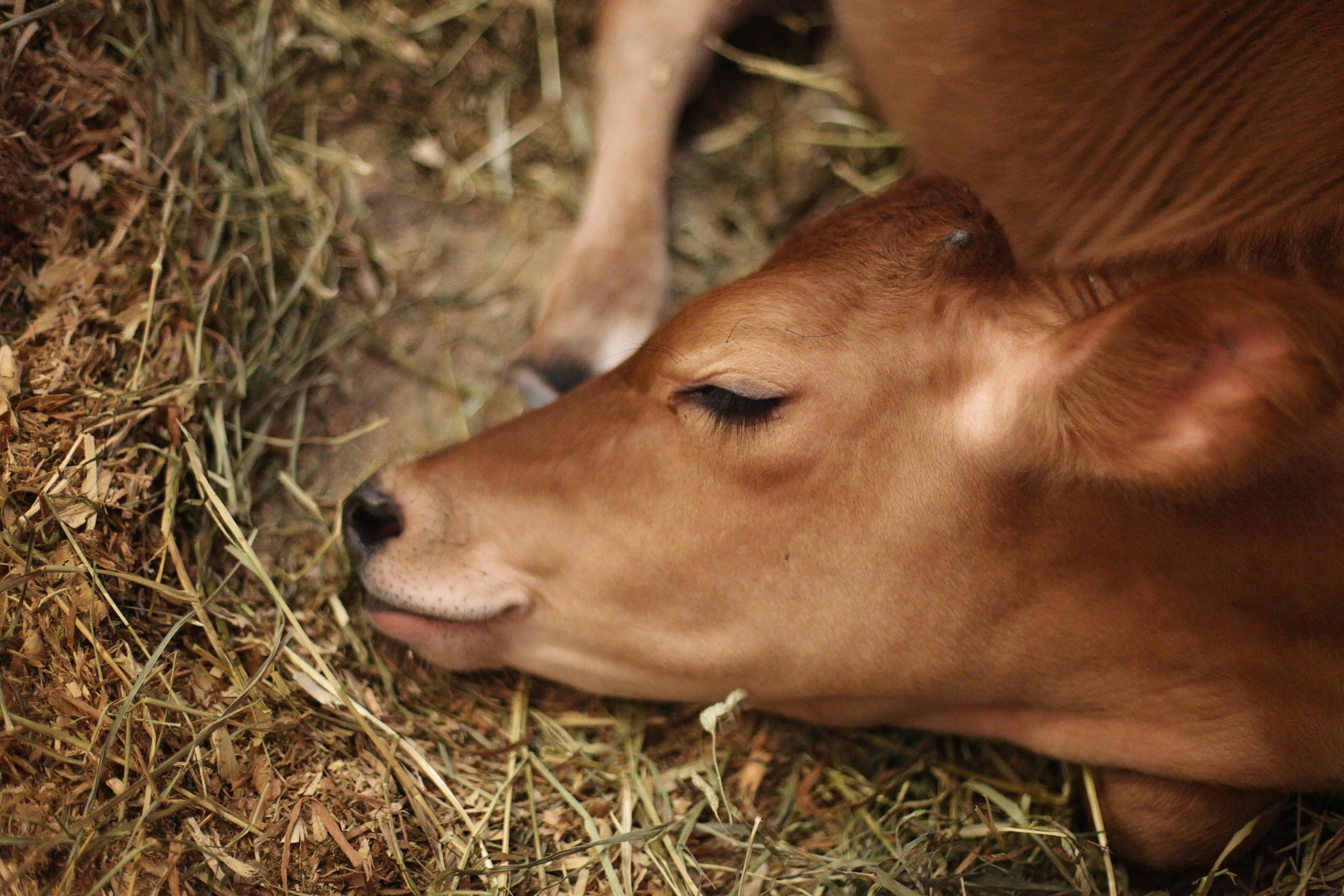
How rennet is used in medicines
Bovine rennet is an added enzyme traditionally used to extract lactose from cow’s milk. The lactose is then used as a filler and diluent powder and as an aid in the manufacturing of medicines.
Some manufacturers now use vegetarian processes to extract lactose from milk.3
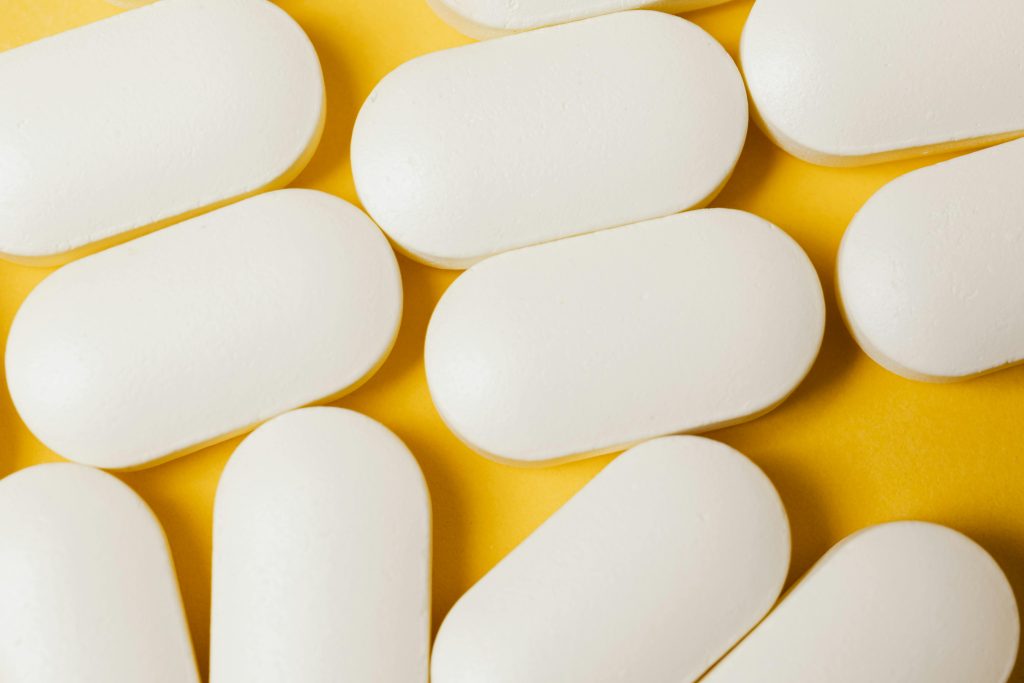
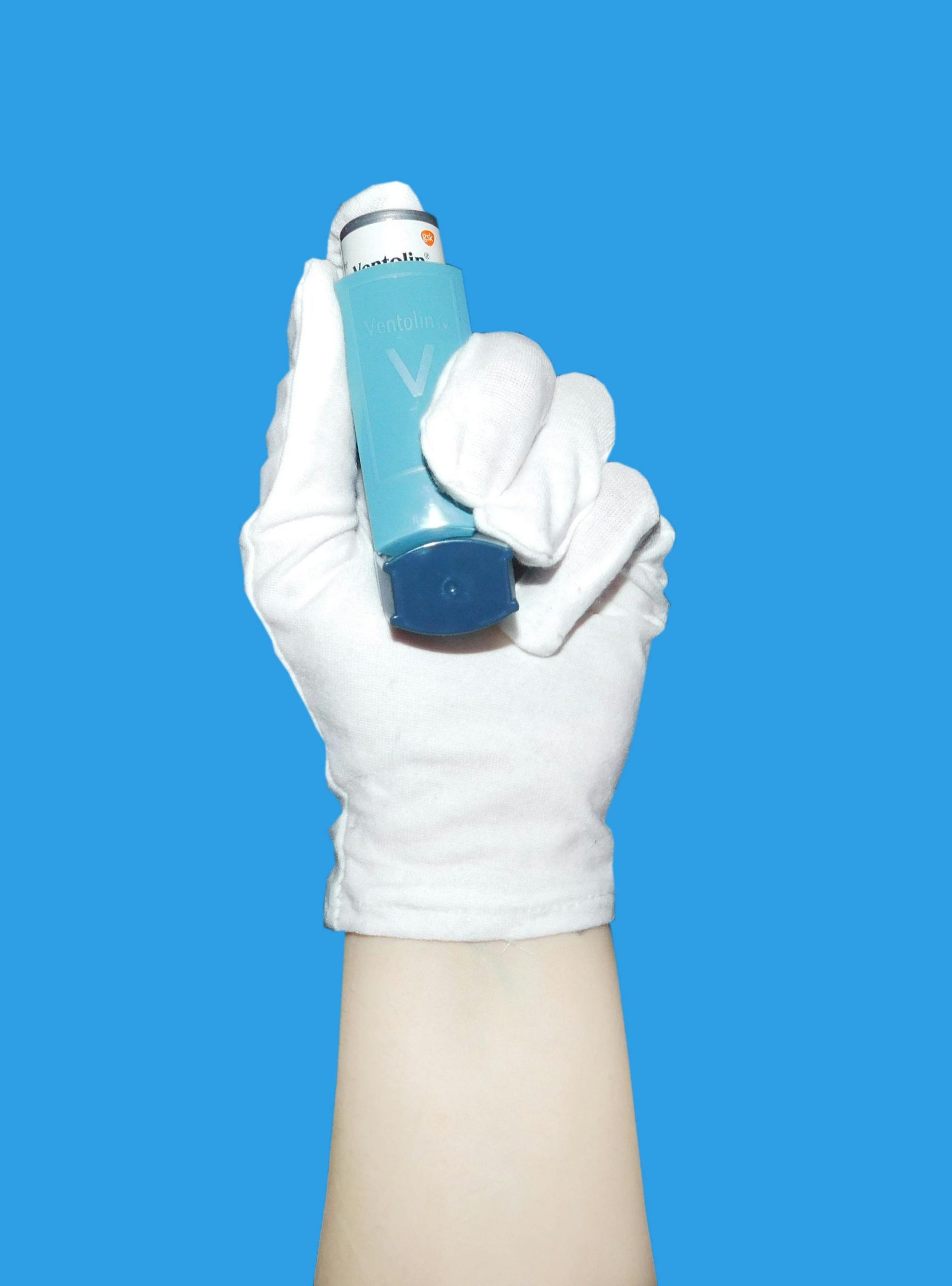
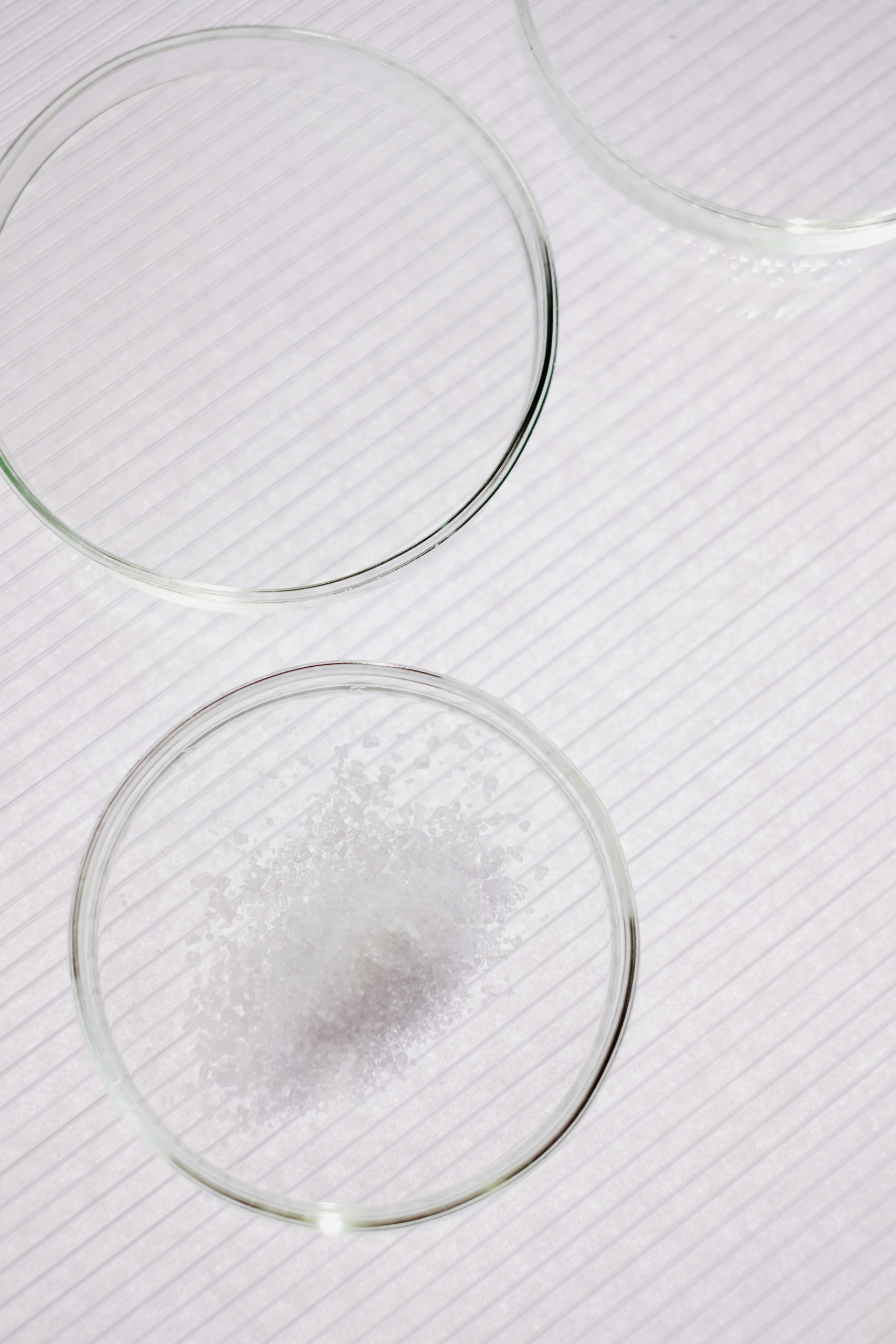
Why this is important
For the Muslim community
For the Muslim community, it is important to check if rennet was used to extract lactose in the manufacturing of your medicines, clarify the source of rennet and check if your medicine is Islamically permissible to take/use. Rennet is not usually listed as an ingredient or excipient in the product information as it is an added enzyme used to extract lactose. You would need to consider if rennet was used if you see lactose listed in the product information. To find out if a medicine contains lactose, see the section on ‘Checking medicine information’. For further information on lactose, see our resource on ‘Lactose use in medicines‘.
If rennet is used to extract lactose in the manufacturing of medicines, then it may be derived from animal sources, such as from the stomach of calves that were not Islamically slaughtered, or from other harām sources such as pigs. Some manufacturers now use vegetarian processes to extract lactose from milk. However, it is best to check. Rennet from animals that have been Islamically slaughtered is considered legally pure (ṭāhir) and halāl , and rennet from pig is harām . The difference of opinions between Islamic scholars arises when rennet comes from animals that are not Islamically slaughtered. For further information on the permissibility of rennet, see the section on ‘Is rennet halāl or harām?‘. Cross-contamination may also occur during the manufacturing process if rennet or lactose is processed in facilities that handle harām sources (e.g. pork/alcohol). Therefore, it is important to check for halāl-certification to ensure halāl-compliant manufacturing. Examples of cross-contamination may include:
- If rennet is used to extract lactose and is derived from animal sources, e.g. from the stomach of non-Islamically slaughtered calves, then there is a difference of opinion on whether the lactose is harām in this case.
- If alcohol is used in the purification and extraction process, then the majority of Islamic scholars consider the final product halāl if the alcohol evaporates completely. Synthetic or non-intoxicating alcohols are generally permitted to be used in processing. For further information on alcohol, see our resources on ‘Ethanol in medicines‘ and ‘Other synthetic alcohols used in medicines‘.
For HCPs
For HCPs and anyone involved in delivering care and support, it is important to:
- Understand which ingredients and/or excipients in medicines may be a concern for practising Muslims and why. For further information, see our resources under ‘Ingredients and excipients in medicines‘
- Have open discussions with individuals about their personal values or beliefs that may relate to their care and support where possible – e.g. some individuals may wish to avoid certain ingredients/excipients in medicines due to religious beliefs, others may not be as practising or have the same beliefs, so it is important to ask
- Discuss ideas, concerns and expectations – e.g. during consultations, you may be asked to help individuals to understand whether certain ingredients/excipients are present in their medicine(s), its source, and whether it is likely to be considered permissible in Islam/suitable for a halāl diet
- To find out how to check if a medicine contains harām ingredients and/or excipients, see the section on ‘Checking medicine information’
- For further information on the conditions of when it is acceptable for a practising Muslim individual to take/use a medicine that contains harām ingredients and/or excipients, is derived from harām sources, or where there is cross-contamination with harām sources, see our resource on ‘What to do if a medicine contains harām ingredients and/or excipients’.
- Respect and support individuals in making informed decisions about their treatment
- Understand that you may be asked to explore alternative formulations that meet the individual’s religious requirements (where available), alternative companies that make the medicine without a particular excipient/ingredient (where possible), or alternative treatment options for the condition (where clinically appropriate)
- HCPs may find the Specialist Pharmacy Service (SPS) resource on ‘Searching for presence or absence of an excipient in medicines‘ useful to help find alternative halāl medicines that don’t contain certain ingredients or excipients. For further information, see the SPS website
- There may be situations where you cannot prescribe/supply an alternative halāl medicine which you may need to explain to the individual. For further information, see our resource on ‘What to do if a medicine contains harām ingredients and/or excipients’, under the sections on ‘Hardship begets facility’ and ‘Limitations on prescribing an alternative halāl medicine‘.
Checking medicine information
You can check if rennet was used in the manufacturing of a medicine by checking for lactose in the relevant product patient information leaflet (PIL) or summary of product characteristics (SPC) which is available on the electronic medicines compendium (emc) website. You may also find our resource on ‘How to find out if a medicine contains harām ingredients and/or excipients’ useful. If you are still unsure if rennet was used or if a medicine contains lactose, speak to your local pharmacist as they are the experts in medicines.
You may need to contact the manufacturer to find out other information such as if rennet was used in the extraction process of lactose (where you see lactose listed), the source of rennet, and halāl-certification. Please note that information regarding cross-contamination or potential contact with harām sources (e.g. pork/alcohol) is not always readily available from manufacturers.
It is important to remember that even if you find out a medicine contains possible harām ingredients and/or excipients, is derived from harām sources, or that there is cross-contamination with harām sources, this does not always mean it is prohibited to take/use. For further information, see our resource on ‘What to do if a medicine contains harām ingredients and/or excipients’. It includes the conditions of when it is acceptable to take/use a medicine in these circumstances. It can also be used to support person-centred discussions between individuals and HCPs, and help make informed decisions around taking medicines that are both clinically appropriate and align with an individual’s Islamic values and beliefs.
Is rennet halāl or harām?
The table below summarises the rulings of rennet according to the four Sunni schools4:
| Ḥanafī | Mālikī | Shāfiʿī | Ḥanbalī | |
|---|---|---|---|---|
| Majority view of rennet derived from animals that are Islamically slaughtered e.g. goats, lambs, calves (bovine) | ✅ Legally pure (ṭāhir) and halāl to consume. | ✅ Legally pure (ṭāhir) and halāl to consume. | ✅ Legally pure (ṭāhir) and halāl to consume. | ✅ Legally pure (ṭāhir) and halāl to consume. |
| Majority view of rennet derived from animals that are not Islamically slaughtered e.g. goats, lambs, calves (bovine) | ✅ Rennet from dead animals is considered legally pure (ṭāhir) and halāl to consume according to most, even if the animal was not Islamically slaughtered (permissive view). Reasoning: Rennet is an enzyme and remains unaffected by the animal’s death. Classical scholar al-Jaṣṣāṣ stated that milk and rennet remain legally pure (ṭāhir) after an animal’s death. | ✅ Rennet from dead animals is considered legally pure (ṭāhir) and halāl to consume (generally permissive view). Reasoning: Rennet is extracted from the stomach lining, which is not directly affected by the death of the animal. It is not considered contaminated unless mixed with impurities. | ❌ Rennet from dead animals is considered legally impure (najis) and harām (strict view). Reasoning: The general rule is that dead animals are legally impure (najis), and rennet comes into direct contact with the impure stomach. | ❌ Rennet from dead animals is considered legally impure (najis) and harām (strict view). Reasoning: All parts of a dead animal are considered legally impure (najis) under general Islamic law. Rejects the argument that rennet is isolated from the carcass’s impurities. |
| Rennet substitute from porcine (pig) | ❌Harām | ❌Harām | ❌Harām | ❌Harām |
| Rennet substitutes from plants, yeasts, fungi, or bacteria | ✅Halāl | ✅Halāl | ✅Halāl | ✅Halāl |
Difference of opinions
There is a difference of opinions when rennet is derived from animals not Islamically slaughtered e.g. goats, lambs, calves (bovine).
Among Ḥanafīs Abu Yusuf & Muhammad: Liquid rennet may become legally impure (najis) if it comes into contact with the impure stomach lining. However, solid rennet remains legally pure (ṭāhir) and halāl to consume.
Minority view among Mālikīs: If contamination occurs, washing cannot purify it.
In summary, according to the four schools of thought, rennet from animals that have been Islamically slaughtered is legally pure (ṭāhir) and halāl, and rennet from pig is harām. The difference of opinion arises when rennet comes from dead animals (mayyitah) or animals not Islamically slaughtered.
If you are still unsure if a medicine is permissible to take/use, speak to your local Imam or trusted Islamic scholar (ideally who has relevant knowledge and expertise in the Fiqh of medicines).
Halāl alternatives
If you are seeking halāl products, look for halāl-certified sources (where available and possible). Rennet alternatives can also be sourced from yeasts, fungi, or bacteria.
Summary
- Rennet is a complex mixture of enzymes usually derived from the lining of the stomach of young animals. It is traditionally used to extract lactose from cows’ milk; the lactose is then used as a filler and diluent powder in the manufacturing of medicines
- For the Muslim community, it is important to check if your medicine contains lactose and if rennet has been used in the extraction process of lactose. It is also important to clarify if the rennet is derived from harām sources or if there is cross contamination with harām sources to help you determine if your medicine is Islamically permissible to take
- You can check if rennet was used by checking for lactose using the PIL or SPC, alternatively you can speak to your local pharmacist
- If you are seeking information about halāl status or alternatives – do not stop, delay, change, or change the way you take/use your medicine(s) without discussing this first with the healthcare professional who prescribed/supplied it to you
- Always consult your healthcare professional if you have any questions and before making any decisions about your treatment.
- For HCPs and anyone involved in delivering care and support to the Muslim community, it is important to have open discussions with individuals about their personal values or beliefs that may relate to their care and support where possible
- Rennet from animals that have been Islamically slaughtered is legally pure (ṭāhir) and halāl to consume. Rennet from pig is harām
- Differences of opinion regarding permissibility are related to when rennet comes from dead animals (mayyitah) or animals not Islamically slaughtered
- You should follow the guidance of your school of thought (madhhab). If you have further queries about the permissibility of medicines, consult a qualified local Imam or trusted Islamic scholar (ideally someone who has relevant knowledge and expertise in the Fiqh of medicines)
- You can check if the following information is available from the relevant manufacturer(s) (manufacturers may have limited information):
- If rennet was used in the extraction process of lactose and the source of rennet
- Halāl-certification – to ensure halāl-compliant manufacturing.
- If you are seeking halāl products, look for halāl-certified sources (where available and possible).
References and further reading
- Tharuka Gunathilake, Taiwo O. Akanbi, Quan Van Vuong, Christopher J. Scarlett, Colin J. Barrow,
Chapter 4 – Enzyme technology in the production of flavors and food additives, Value-Addition in Food Products and Processing Through Enzyme Technology, Academic Press, 2022, Pages 45-55,
Available from https://www.sciencedirect.com/topics/agricultural-and-biological-sciences/rennet ↩︎ - Bruno Ricardo de Castro Leite Júnior, Fabiana de Oliveira Martins, Larissa Mattos Trevizano, Arthur Pompilio da Capela, Thainá de Melo Carlos Dias, Ana Flávia Coelho Pacheco, Eliane Mauricio Furtado Martins, Chapter 7 – Applications of enzymes in food processing, Research and Technological Advances in Food Science, Academic Press, 2022, Pages 175-194, Available from: https://www.sciencedirect.com/topics/agricultural-and-biological-sciences/rennet ↩︎
- Why can’t all drugs be vegetarian? BMJ 2014;348:g401 Available at: https://www.bmj.com/bmj/section-pdf/752705?path=/bmj/348/7944/Analysis.full.pdf ↩︎
- Ruling on rennet according to the four sunni schools of thought by Shaykh Dr Rafaqat Rashid ↩︎



